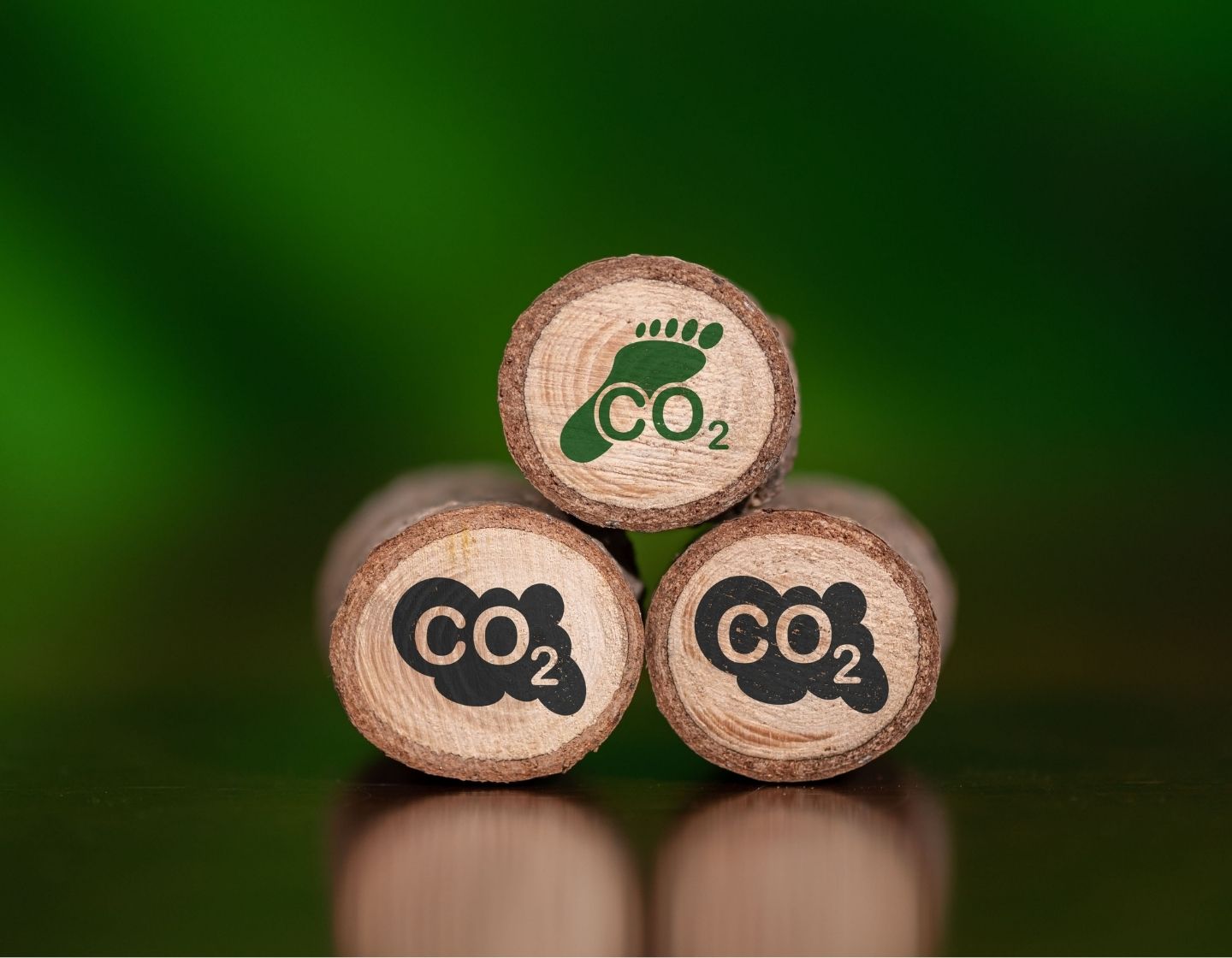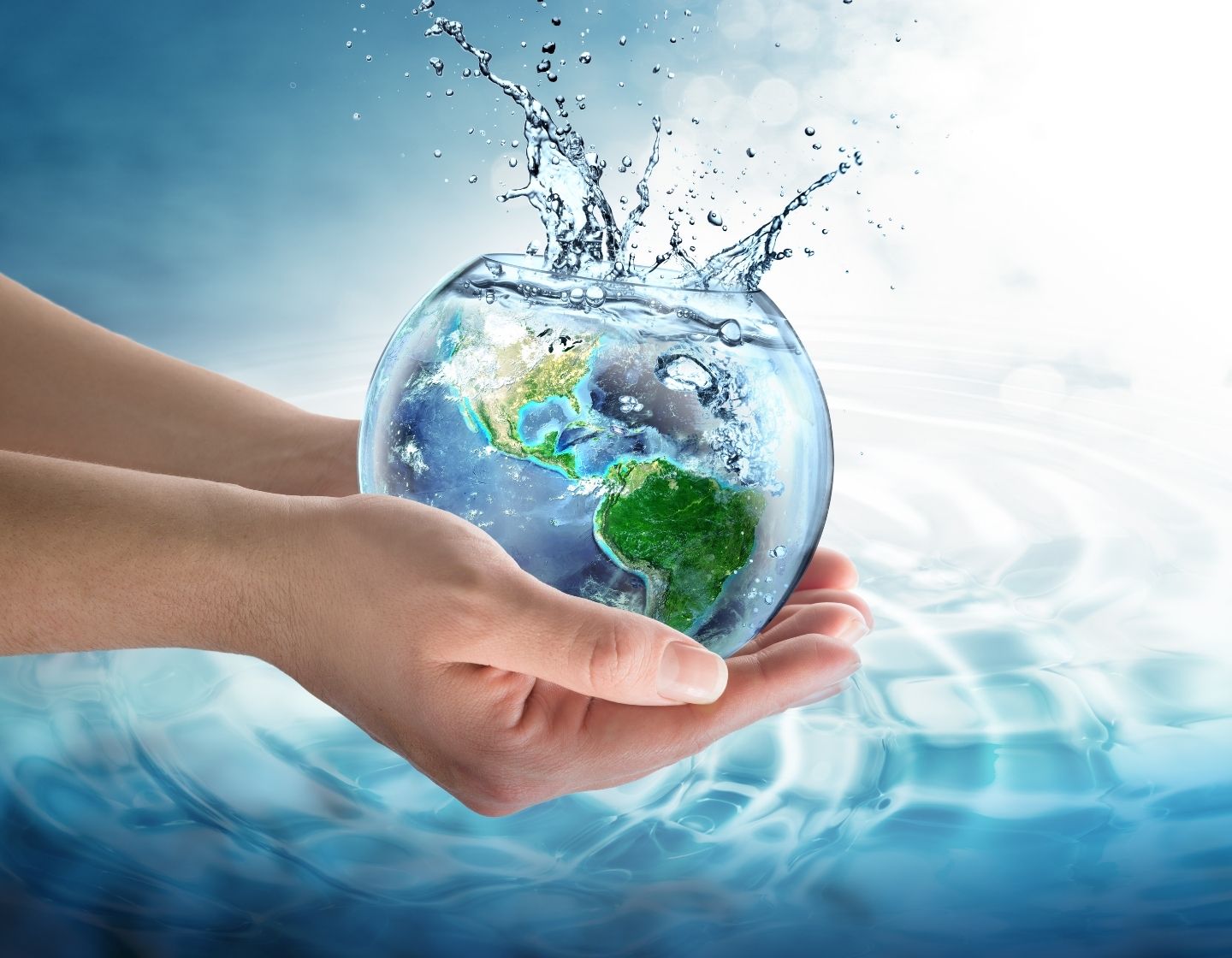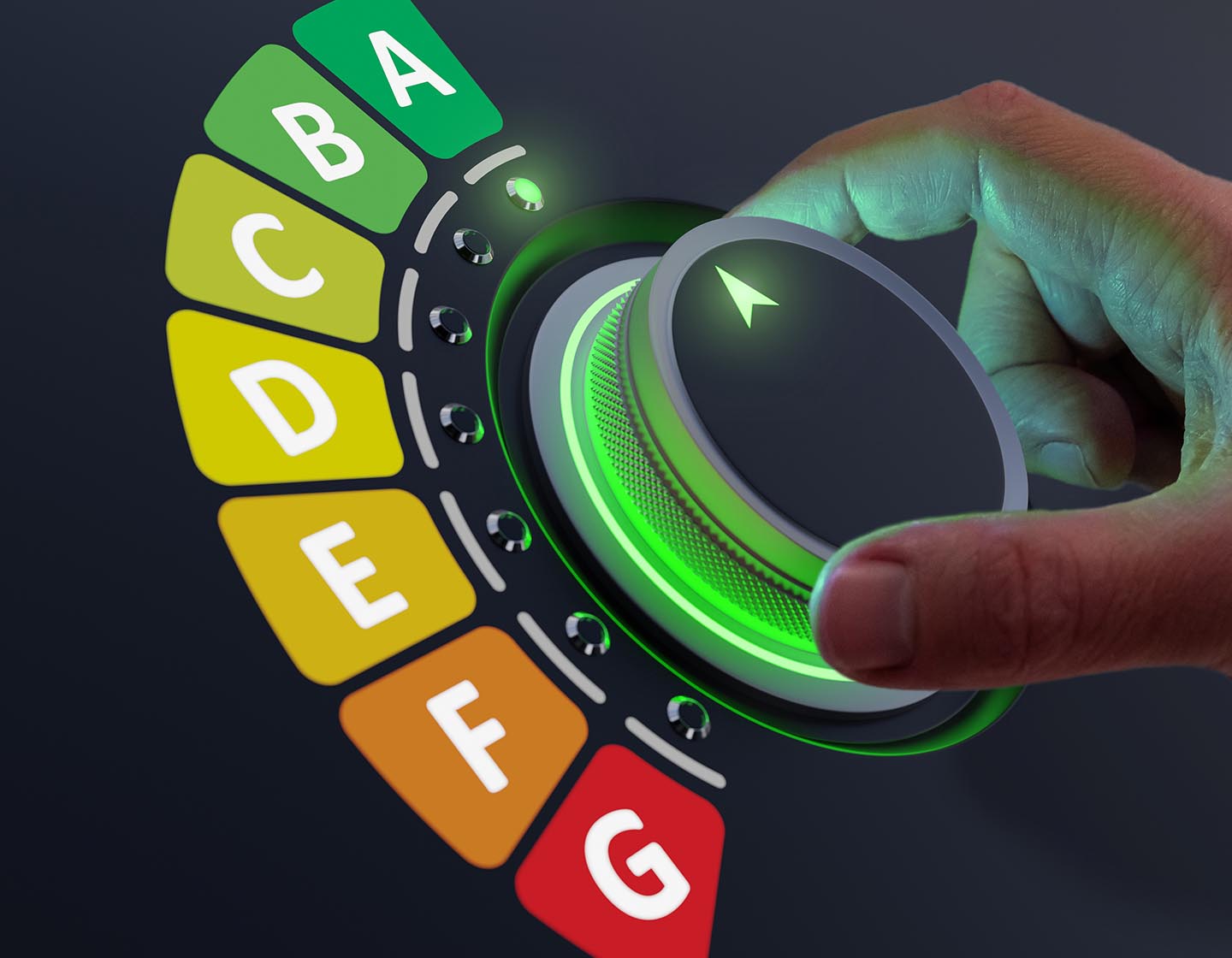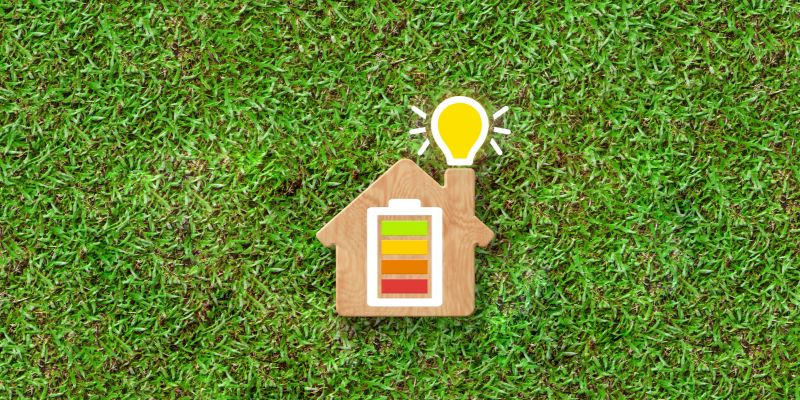How water is linked to carbon emissions and energy
Around half of the total amount of UK water consumption is in our homes and we now use almost 50% more water than 25 years ago, but this level of consumption is not sustainable, especially as it is also closely linked to energy use.
We each use around 150 litres of water a day in our homes, with the average family using 500 litres a day, a figure growing every year by 1% since 1930. And when we turn on the hot tap, take a shower, set the washing machine or dishwasher and so on, we use gas and electricity.
There’s never been a tougher time for managing utility bills. Water bills continue to rise above inflation but this is overshadowed by the truly shocking leaps in gas and electricity costs, which have doubled.
So, cutting energy and water use makes compelling sense now. Domestic water consumption adds to energy bills as well as household carbon emissions because every time we use water, the electricity or gas meter starts turning. An average household uses around 17% of its total energy consumption to heat water.
And that’s just in our homes. There’s also all the energy that’s needed to treat, pump and deliver water to each home in the UK.

Water industry energy use
On the broader field, the water industry uses up to 3% of total UK energy annually and this needs to come down to meet climate change objectives. The water companies are taking steps to embrace renewable power sources and distributed generation
The water sector as a whole is a key part of the UK economy with an annual turnover of £11bn, operating 6,327 sewage treatment plants, 1,069 water treatment facilities and managing 347,636 kilometres of pipework. The water companies are responsible for annual greenhouse gas (GHG) emissions of 1.67m tonnes CO2e.
And the government has set a target for reduction in water consumption per person of 16%, informed by long-term forecasts that usage levels are unsustainable, with the threat of severe water shortages in future decades.
Focusing on the domestic side, a study by Waterwise shows how we use water every day in the home:
- Toilet flushing 30%
- Personal washing – baths and taps 21%
- Personal washing – showers 12%
- Clothes washing 13%
- Washing up 8%
- Outdoor 7%
- Other 5%
- Drinking 4%
The research also shows that 46% of people believe their household uses under 20 litres a day while a further 17% believe they consume between 20 and 39 litres a day and 15% think they use 40 to 59 litres.
Actually, the average person in the UK uses 142 litres of water a day. And 20 litres is roughly what we use when we take a really quick 2-minute shower. This means an average family of four in the UK could use more than 500 litres each day.
Despite pressure from rising bills, 38% of people do not actively look for water-saving advice and 47% don’t have any kind of water saving device at home, according to a study by regulatory body WRAS.

How to use less water
So how can we use less water at home, and also save energy and reduce carbon footprint? We can make sure our toilets are in best condition, checking for leaks and making sure that dual-flush cisterns work properly. Leaky loos are wasting 400 million litres of water a day in the UK.
As the bathroom is where we use most of our water, that’s the place to start. We can avoid taking baths where possible and take showers instead. The WRAS study revealed that 13% of people have a bath followed by a shower! By installing a low-flow eco shower head we can reduce water consumption by nearly two-thirds, with no loss of quality.
When showering, we can experiment with putting on our favourite 4-minute song and try to finish before the song ends. The average shower time of a man is about 7 minutes, whereas the average shower time of a woman is 9 minutes. Taking a 4-minute shower could knock up to £230 off a typical household’s energy bill, and an extra £100 off the water bill if on a meter.
And save even more by turning the water off in between washing our body, shampooing and conditioning. We could even place a bucket in the shower to collect excess water and use that to flush the toilet.
We can fit eco bathroom taps that reduce water usage by up to 60 per cent, with no loss of effectiveness and quality. If you’re not in the mood to change your taps, it’s worth checking to see if you can fit tap aerators, which are an incredibly cheap way to reduce water flow by more than 50%, again with no loss of quality.

Wash cooler
Washing your clothes at 30 degrees rather than higher temperatures could reduce average household energy bills. This is because washing at 30C uses an impressive 40% less electricity than washing at higher temperatures – and your clothes will be just as clean!
And while 53% of UK homes now have a water meter, the WRAS research shows 10% of those surveyed wash the car with a hose pipe rather than a bucket and 22% have the tap running whilst brushing their teeth, which can use more than 10 litres of water a minute, Changing a few old habits will make a big difference to bills.
Thinking about taps – one that drips will waste thousands of litres of water a year, so make sure your taps are properly turned off and change washers promptly when taps start to drip.
Viewing our time outside, if we have a garden to care for, a watering can is better than a hose, which can use up to 1,000 litres of water an hour. And it’s great to avoid watering the lawn, remembering that parched grass will recover when it rains.

Other top water-saving tips:
- Keep a jug next to the kitchen tap to collect any water that you run when waiting for the tap to heat up and use it to water houseplants or garden. Collect water from cooking to water plants when cooled.
- When refreshing a pet’s water bowl, use the old water on house plants rather than pouring it down the drain.
- Freshen up the shirt you’ve worn for online meetings with a quick iron or simply hang it up rather than putting it in the washing pile.
- Avoid shaving with the shower or tap running – use a small bowl of water instead.
- Research suggests that our hair thrives when we don’t wash it so much so we can wash it less and try dry shampoo as well.
A final addition to the water efficiency mix would be a solar water heating that can provide a good proportion of hot water requirements with very low running costs. For a family of four, a solar water heating system would meet approximately a third of the hot water demand. In a three-bedroom semi-detached house, you would save around £100-£160 on annual water-heating bills.
New efficiency labels
The government is promoting water-related energy efficiency with plans to introduce new water efficiency labels on taps, showers, dishwashers and washing machines, which it hopes will help save consumers over £270 million on bills over 10 years. This should
encourage the purchase of more water-efficient products and help customers manage their water and energy bills.
Even on 2019 prices (which is what the government figures are based on) the energy labels could save £125 million on water bills and £147 million on energy bills over 10 years, as well as 1,200 million litres of water a day – the equivalent of 480 Olympic swimming pools.
Water shortages
All this is in the context of increasing pressure on precious water resources, which is one more very good reason to be careful in our usage.
Sir James Bevan, Chief Executive of the Environment Agency has warned It means that if we don’t take action, by 2050 the amount of water available in England could be reduced by up to 15%; that some rivers will have up to 80% less water in summer; and that we will need around 3.4 billion extra litres of water a day to meet the needs of people, industry and agriculture.
Against that bleak view, we can balance the simple fact that there are a whole host of ways we can easily reduce our water use to benefit the planet and reduce our utility bills.

